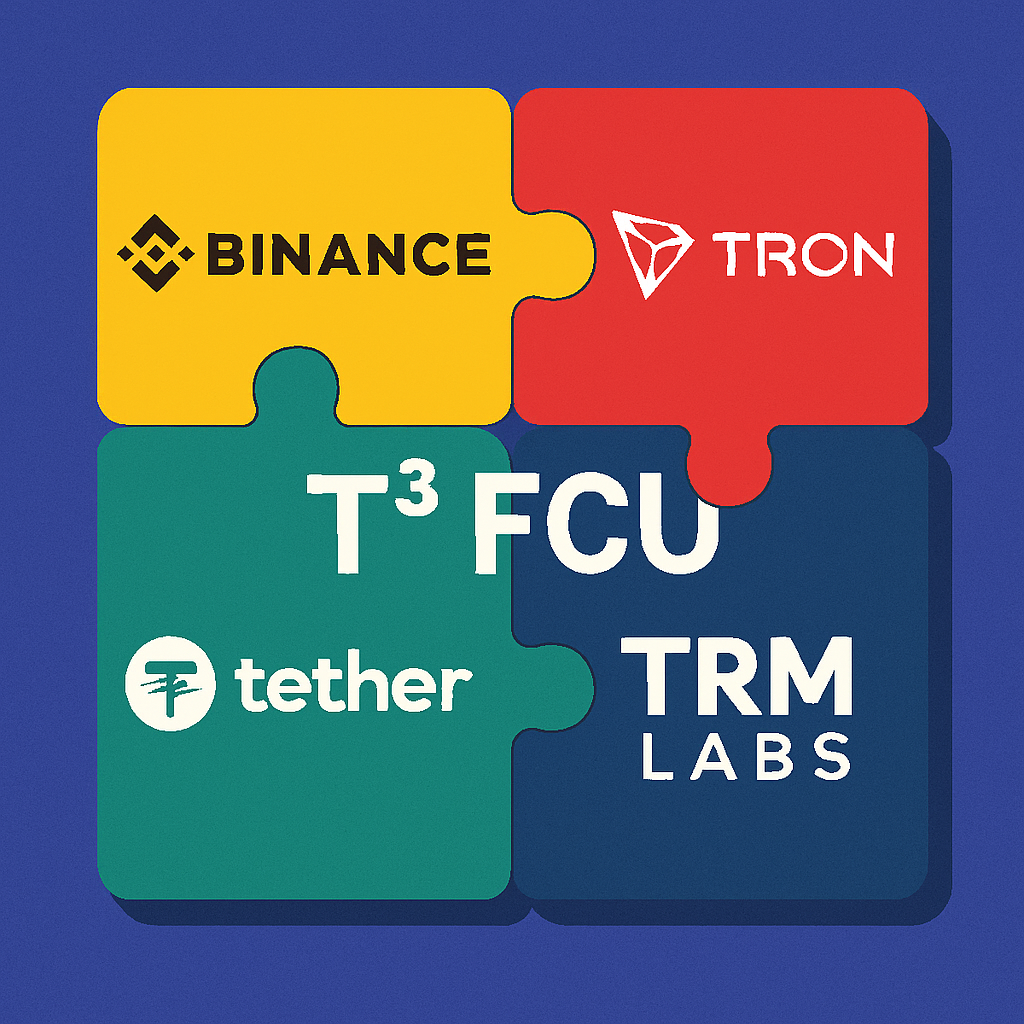Binance recently announced membership in the T3 Financial Crime Unit (T3 FCU), a consortium that unites leading blockchain firms and law enforcement agencies. Founding participants include Tron, Tether, and TRM Labs, each providing specialized capabilities in decentralized finance, stablecoin issuance, and blockchain analytics. Collective resources enable real-time monitoring and interdiction of suspicious transactions across multiple public ledgers.
Since launch in September 2024, T3 FCU has identified and frozen more than $250 million in illicit funds linked to fraud schemes, ransomware attacks, terror financing, and other criminal activities. Blockchain intelligence tools track high-value wallet addresses and transaction flows, triggering automated alerts and collaborative response protocols. Recent successes include seizure of assets tied to a “pig butchering” investment fraud that targeted global victims through social engineering.
Binance integration introduces exchange-level compliance enhancements. Automated flagging of transactions matching T3 FCU risk profiles will initiate immediate holds on suspect deposits and withdrawals. Shared analytics dashboards allow security teams to review chain data within seconds of detection, reducing average breach-to-funds-moved windows from hours to minutes. Ongoing collaboration will expand scope to include cross-border payment gateways and banking partners.
Industry reactions have raised concerns about censorship and centralized control within a decentralized ecosystem. Critics argue that transaction freezes could undermine user sovereignty and remove incentives for decentralized custody solutions. Supporters counter that regulatory cooperation and robust security measures are essential to maintain market integrity and protect retail participants from sophisticated financial crime.
The partnership aligns with recent global efforts to standardize anti-money laundering practices for digital assets. New regulatory frameworks in multiple jurisdictions now require exchanges and custodians to report suspicious activities and enforce know-your-customer protocols. T3 FCU model serves as proof of concept for integrated compliance stacks featuring on-chain analytics and cross-entity intelligence sharing.
Future development may include expansion to private blockchains and layer-two networks. Technical integrations under evaluation involve real-time smart contract monitoring and decentralized identifier verification. Industry stakeholders anticipate incremental improvements in fund recovery rates and a measurable reduction in systemic risk exposure for the crypto sector.

Comments (0)